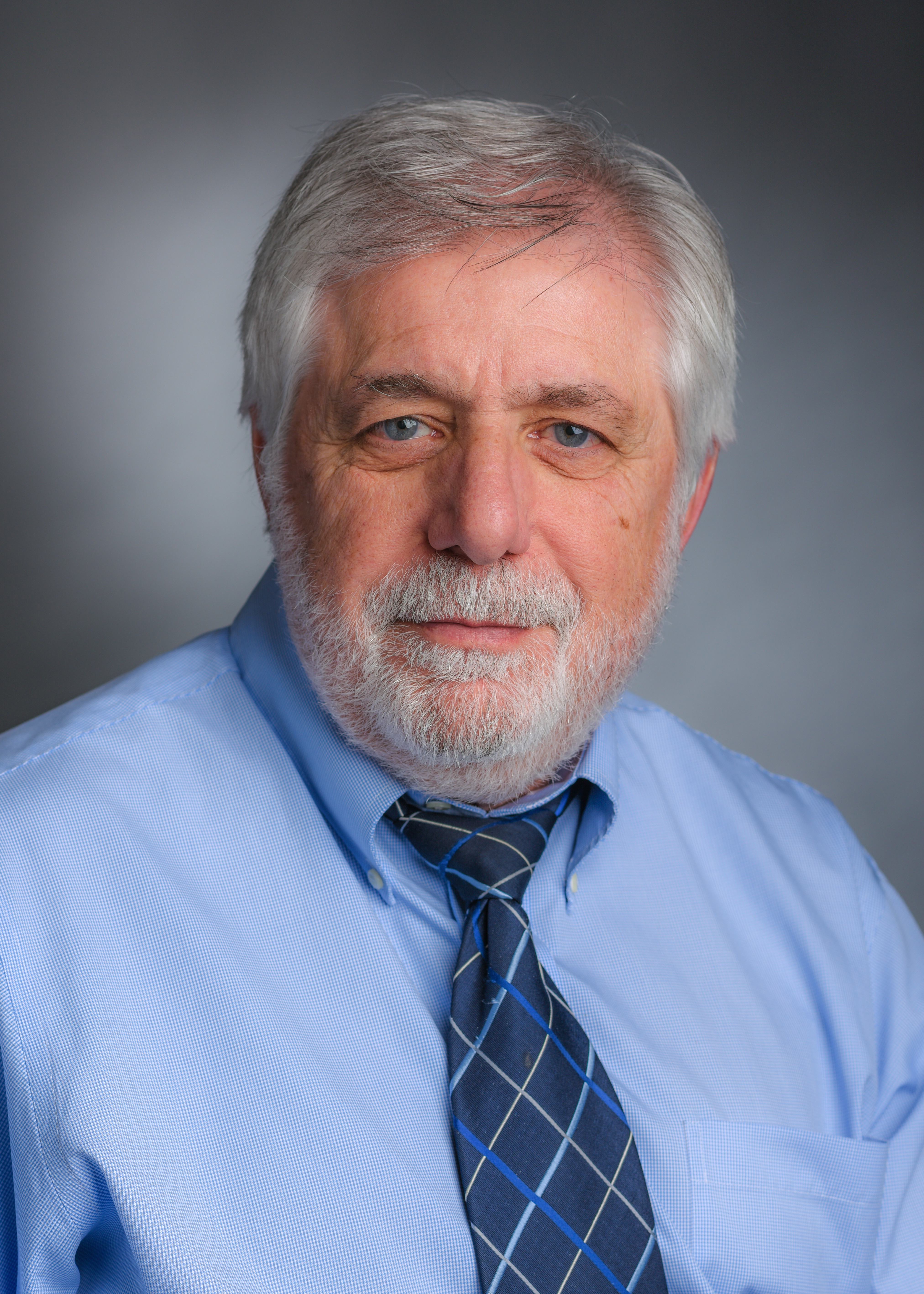
Planning for clinical trials: manufacturing autologous iPSC-derived products
Jerome Ritz1,2.
1Dana-Farber Cancer Institute, Boston, MA, United States; 2Harvard Medical School, Boston, MA, United States
Generation of iPSC-derived cellular products for clinical use is now clearly feasible and transplantation of allogeneic stem cell-derived islet cells has shown promising results. Creating large batches of allogeneic cells for potential use in many patients has clear advantages from a manufacturing perspective. However, there are also limitations to this approach since allogeneic tissues are susceptible to immune rejection in the recipient requiring long-term immune suppression or other experimental approaches to maintain graft function. Generation of cellular products from autologous iPSC avoids graft rejection due to histo-incompatibility but generation of iPSC from individual patients and subsequent differentiation of small batches of autologous products is currently very labor intensive and time consuming. Despite these limitations, generation of autologous iPSC-derived products is feasible for small numbers of patients and clinical trials are ongoing. However, process improvements and automation will be required to make this approach practical for clinical evaluation in large numbers of patients.
The Islet Product, Planning for Trials, and Manufacturing